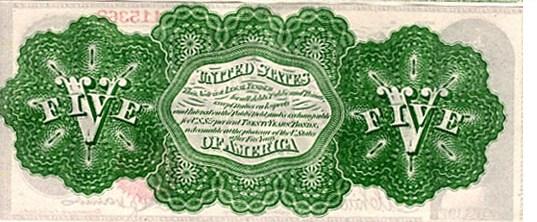In reviewing the Conscription Act of 1863, James M. McPherson [1] writes that “Substitution was hallowed by tradition … The Republican architects of the draft law inserted commutation as a means of putting a cap on the price of substitutes … The commutation alternative in the North would prevent the price of a substitute going much higher than $300. Republicans saw this as a way of bringing exemption within reach of the working class instead of discriminating against them.”
A Democrat paper editorial points out that the poor would still have to come up with the $300 (or “almost a year’s wages for an unskilled laborer.” [2]) and urges some local action to offset the effects of the federal law. From a Seneca County, New York newspaper in 1863:
The Draft in Seneca County.
The draft in this Congressional District commenced at Auburn on Thursday. Our county will be reached by to-morrow (Saturday) noon and the number required probably drawn by Monday night. We give elsewhere the quota of our county, to which the attention of the reader is invited. In common with other localities we shall keenly feel the great sacrifice which the war demands. Few counties in the State have more cheerfully responded to the calls of government than ours, and, few, alas, have realized more fully the terrible effects of this bloody strife. What, then, is the duty of our people in the present emergency? The conscription falls with crushing effect upon the poor man – those who are unable to raise the $300 commutation fee. Shall we see them forced into the service, against every impulse of heart and mind, because of their poverty, or shall we not tax ourselves in each and every town in the county an amount sufficient to pay the commutation of each one drafted? There certainly can be no objection to this measure, and we do not hesitate to urge its adoption. Town meetings can be called in the several towns, the amount voted by the taxable inhabitants, and thus all will share equally the sacrifice which otherwise must fall upon the shoulders of the poor man.
The town of Seneca Falls ought not to hesitate a moment in a matter which so vitally affects its interest. Our neighbors at Waterloo, we understand, have agreed to raise by taxation the necessary fund. Other localities are doing the same. And now let our people calmly consider the matter, and act without any unnecessary delay. We implore them to hesitate before they consent to see one of our citizens forced into the service.

